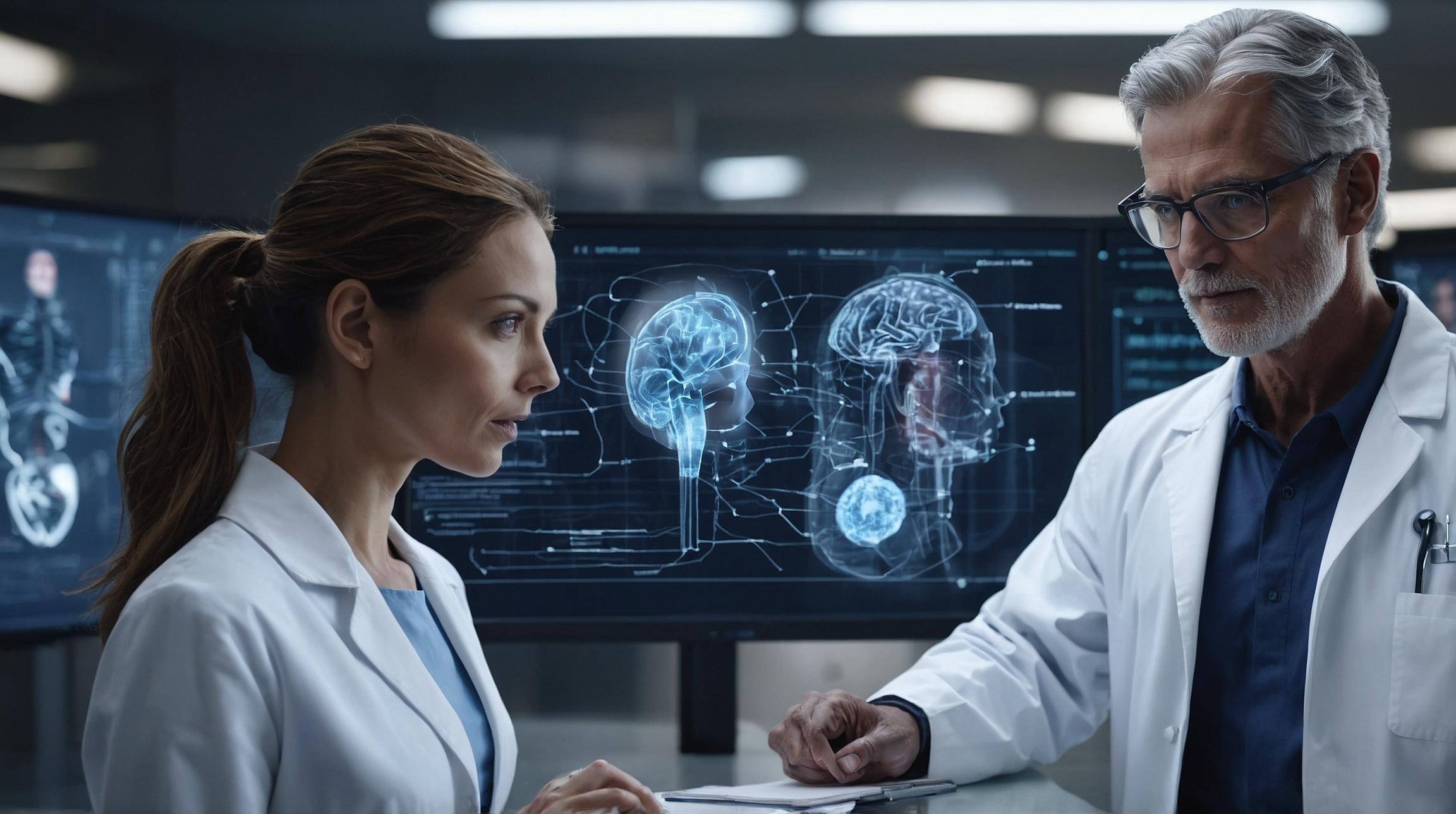AI Tools Transforming Healthcare Data
GE HealthCare has teamed up with Amazon Web Services (AWS) to create artificial intelligence tools that can revolutionize how medical data is analyzed. This collaboration highlights a growing trend to use AI in uncovering the vast, often untapped, information within healthcare. In clinical environments, AI is advancing through sophisticated notetaking systems, which utilize natural language processing and speech recognition to transcribe and analyze interactions between patients and clinicians.
Natural Language Processing (NLP) is a type of AI that helps computers understand human language. For example, when a patient describes symptoms to a doctor, NLP can convert this conversation into a digital format, making it easier to review and analyze.
By automating tasks like clinical documentation, coding, and medication reconciliation, healthcare providers can dedicate more time to patients instead of paperwork. This change is significant in tackling labor shortages in healthcare, particularly in primary care.
Enhancing Doctor-Patient Relationships
Over recent years, the traditional primary care relationship has weakened, with patients increasingly opting for retail health and urgent care options for faster service. AI-powered clinical note generation can enhance the doctor-patient interaction, improving accuracy and enabling patients to take a more active role in their healthcare through easier access to their medical records.
While there's concern that AI might affect personal touch and trust in doctor-patient relationships, many believe the benefits outweigh the risks. AI acts as an assistant, capturing and summarizing information accurately and compliantly.
Accelerating Drug Discovery
AI's impact extends beyond the exam room to drug development, which traditionally relies on guesswork and lengthy trials. AI can streamline this process, making drug discovery more targeted and efficient. For instance, AI can help simulate how a drug will interact with the immune system, similar to setting off a chain reaction of events like a domino effect.
AI allows for a multi-omics approach, combining different data sets for a comprehensive view, only achievable through computational power.
However, using AI in drug discovery raises ethical questions about accessibility, affordability, and unintended consequences. For instance, if AI leads to a significant increase in life expectancy, could society handle the ensuing population growth?
Optimizing Pharmacy Operations
AI also plays a crucial role in pharmacy operations, aiding in supply chain planning, inventory management, and pricing strategies. By analyzing large data volumes, AI can help pharmacies optimize their processes to remain competitive.
The partnership between GE HealthCare and AWS is indicative of the growing momentum of AI in healthcare. As these tools develop, they hold the promise of transforming wasted healthcare data into a more personalized, efficient, and effective system.













